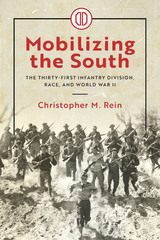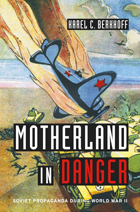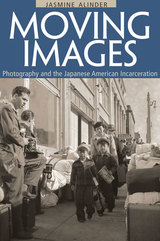Insecurities of Expulsion: Afro-Asian Entanglements in Transcontinental Uganda
Duke University Press, 2025
eISBN: 978-1-4780-6089-5 | Cloth: 978-1-4780-2868-0
See other books on: African Studies | Asian Studies | Cultural & Ethnic Studies | Cultural & Social | Expulsion
See other titles from Duke University Press
eISBN: 978-1-4780-6089-5 | Cloth: 978-1-4780-2868-0
ABOUT THIS BOOK | AUTHOR BIOGRAPHY | REVIEWS
ABOUT THIS BOOK
In 1972, Ugandan president Idi Amin expelled close to 80,000 South Asians of Ugandan heritage from the country by dictatorial decree. In Insecurities of Expulsion, Anneeth Kaur Hundle revisits this weighty historical event, arguing that it is neither exceptional nor a parochial event, neither a result of primordial Afro-South Asian racial conflict nor an opening into a redemptive search for Afro-South Asian interracial solidarities. Hundle explores the aftermaths and continuous nature of the expulsion event, examining its effects and affects; the images, representations, and differentiated experiences and memories of the event; and the tense and ambivalent practices of citizenship, sovereignty, and governance that have emerged in the decades following the expulsion. She examines Afro-Asian entanglements in what she describes as transcontinental Uganda through the lenses of race, ethnicity, class, caste, religion, gender, and sexuality. Throughout, Hundle argues for stronger attention to knowledge production on global Afro-South Asian connections and the continued dynamics of community, citizenship, and identity on the African Continent as central to envisioning Black African self-determinism, racial reconciliation, and interracial pluralisms during shifting imperial, postcolonial, nationalist, and geopolitical times.
See other books on: African Studies | Asian Studies | Cultural & Ethnic Studies | Cultural & Social | Expulsion
See other titles from Duke University Press












